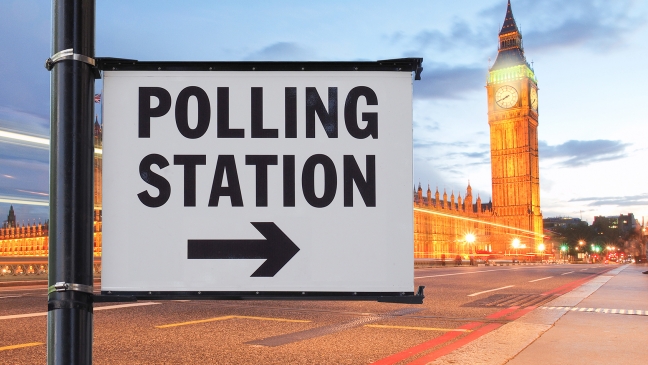As the general election on 4 July approaches, the topic of politics will inevitably be a subject of discussion among pupils and teachers in schools across the country.
However, with laws in place preventing the promotion of partisan political views in schools, teachers must navigate this period carefully to avoid potential pitfalls.
This is the advice we are giving to teachers at Edapt:
Understanding the legal framework
Under the Education Act 1996, schools have a legal duty to prohibit the promotion of partisan political views and must ensure the balanced presentation of opposing views when political issues arise.
This approach extends to Part Two of the Teachers’ Standards, which relates to personal and professional conduct both within and outside of school.
Teachers are expected to uphold British values of democracy, the rule of law, individual liberty and mutual respect and tolerance for those with different faiths and beliefs. They must also ensure their personal beliefs are not expressed in ways that exploit pupils’ vulnerability or might lead them to break the law.
Guidance from the Department for Education clarifies that these legal duties do not mean avoiding political issues altogether but rather addressing them with a balanced and age-appropriate approach that is reasonable and appropriate.
But what does this mean in practice? Here are some common questions teachers may have during this period.
Can I tell pupils who I’m voting for if they ask?
While there is no outright prohibition on expressing personal political views, DfE guidance suggests teachers should generally avoid doing so unless confident it won’t be seen as promoting that view.
If you choose to share your views, ensure they are presented as personal opinions, not facts, and always note opposing perspectives. The safest approach is to turn the question back to pupils, asking them about their views and how they formed them.
Can I call out misinformation?
Absolutely. Providing a balanced view does not mean endorsing unsubstantiated claims. Schools often teach pupils how to critically evaluate information, and this is especially relevant during a general election.
Teachers should remind pupils of the principles for evaluating claims and distinguish between widely accepted facts and those that are still debated.
Can I discuss my views on education policy or other issues?
Yes, you can. However, it’s important to present your views within a balanced framework. For example, if discussing school funding, also mention alternative perspectives such as the need to balance spending against other competing needs in other areas like healthcare or defence and that others may feel that these are more important.
Again, turning the discussion back to the pupils and encouraging them to explore various viewpoints can be beneficial.
Can I campaign for a political candidate?
Yes, teachers and school staff can campaign for political parties or even stand for election. However, this activity must be conducted outside school hours and without using school resources. No photocopying of leaflets in the staff room!
Schools should be mindful that staff behaviour outside of school, particularly on social media, could be visible to pupils. Existing school policies on staff conduct can help navigate these situations sensitively.
Can we hold mock elections?
Yes, mock elections are a valuable educational tool and many schools will be running them. These should be pupil-led, with teachers facilitating rather than campaigning. Ensure activities are age-appropriate and prepared to address controversial issues thoughtfully.
Resources from the Electoral Commission, the UK Parliament and the Hansard Society for Parliamentary Democracy can provide useful guidance for these activities.
Can we invite local candidates into schools?
Yes, inviting local candidates can be beneficial, but ensure a range of views are represented. If only a few candidates are available, brief them on the legal requirements for a balanced presentation.
If there are concerns about potential candidate conduct, consider avoiding direct interaction with pupils and invite contributions in other ways.
Can I take time off to cast my vote?
There is no entitlement to time off for voting, but polling stations are open from 7am to 10pm, allowing ample time to vote before or after school. Alternatively, you can opt for a postal vote or appoint a proxy. Ensure you are registered to vote by the deadline on 18 June if you are not already.
You can download an Edapt explainer document to share with colleagues or, for a more in-depth exploration of these issues, refer to the detailed Edapt guidance available here.
Alistair Wood is the CEO of Edapt
For the latest education news and analysis delivered directly to your inbox every weekday morning, sign up to the Tes Daily newsletter




